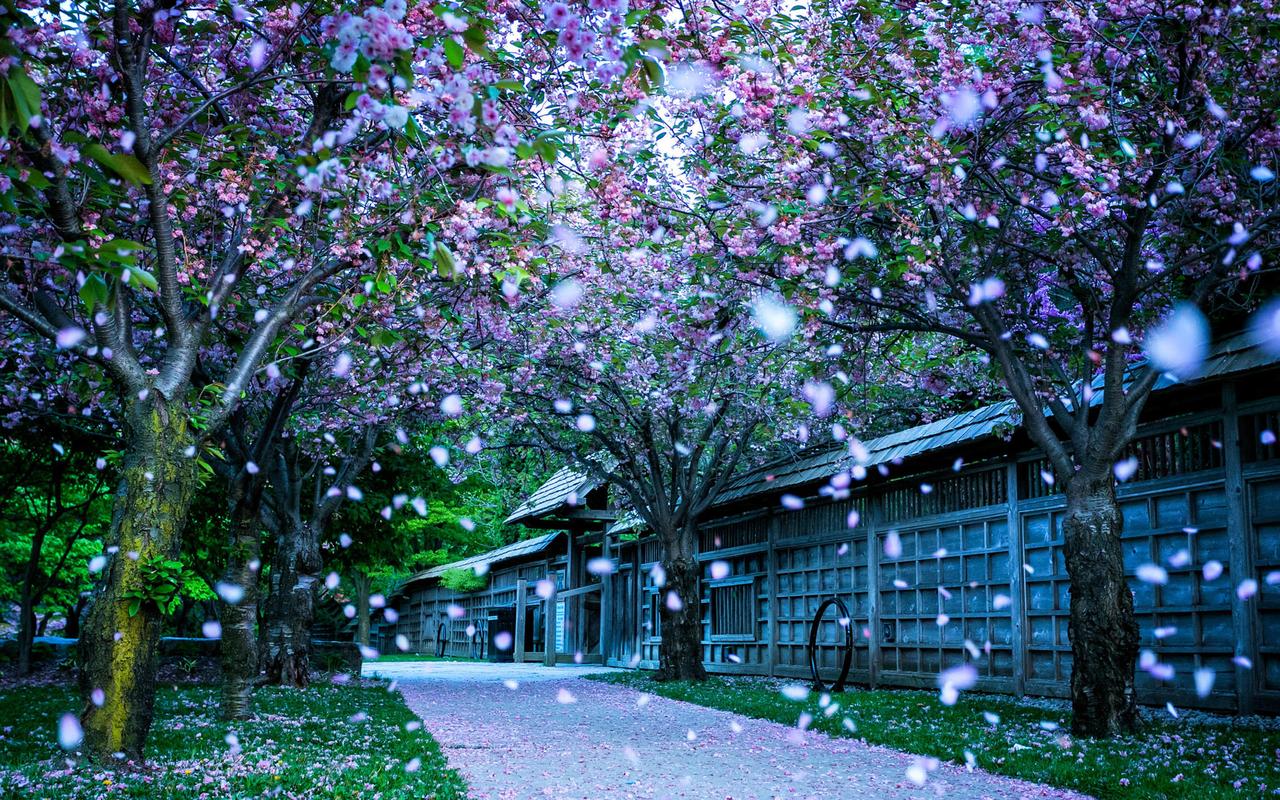The Impact of Popular Culture on Society: An Overview
Popular culture has a significant impact on society, shaping the way we think, behave, and perceive the world around us. By definition, popular culture refers to cultural products and activities that are widely accepted and embraced by the masses. These may include movies, TV shows, music, fashion, and even social media platforms. In this article, we’ll explore the influence of popular culture on society and how it has evolved over the years.
A Brief History of Popular Culture
Popular culture has been around for centuries, but it wasn’t until the 20th century that it truly took off. The rise of mass media, such as newspapers, magazines, and radio, made it possible for popular culture to reach a wider audience. It wasn’t long before movies, television, and music became staples of everyday life.
One of the defining characteristics of popular culture is its ability to reflect and shape societal trends. For example, during the 1960s and 70s, counterculture movements such as the Civil Rights and Women’s Rights movements were reflected in popular culture. Movies such as “Easy Rider” and “One Flew Over the Cuckoo’s Nest” tackled issues of social justice, while bands like The Beatles and The Rolling Stones became synonymous with the counter-culture movement.
The Influence of Popular Culture on Society
Popular culture has a profound impact on the way we think and behave. It shapes our values, beliefs, and attitudes, and influences the way we perceive the world around us. For example, the representation of women in popular culture has significant implications for gender roles and expectations. A recent study found that women in music videos are four times more likely to be portrayed in a sexually objectifying way than men.
Moreover, popular culture can also have a significant impact on mental health. A study published in the Journal of Social and Clinical Psychology found that exposure to idealized images of beauty in popular culture can lead to body dissatisfaction and low self-esteem in teenage girls. Similarly, exposure to violent media can lead to desensitization and an increased acceptance of violence.
The Evolution of Popular Culture
Pop culture has evolved significantly over the years, reflecting changes in society and technology. Today, social media platforms such as Instagram and TikTok have become major players in the world of popular culture, providing a platform for individuals to showcase their creativity and become influencers.
One of the defining features of modern pop culture is its focus on diversity and inclusivity. The rise of movements such as Black Lives Matter and Me Too have led to a renewed focus on representation in popular culture. TV shows such as “Pose” and “Orange is the New Black” have highlighted the stories of marginalized communities, while music artists such as Beyonce and Kendrick Lamar have used their platform to address issues of race and social justice.
Conclusion
In conclusion, popular culture has a profound impact on society, shaping the way we think, behave, and perceive the world around us. From its early beginnings in the 20th century to the diversity and inclusivity of modern pop culture, the influence of popular culture is undeniable. As our society continues to evolve, we can expect popular culture to reflect and shape those changes, leaving a lasting impact on future generations.
(Note: Do you have knowledge or insights to share? Unlock new opportunities and expand your reach by joining our authors team. Click Registration to join us and share your expertise with our readers.)
Speech tips:
Please note that any statements involving politics will not be approved.
